OUR TEAM
EMPAMOS has players from MANY DISCIPLINES
The EMPAMOS project integrates DIFFERENT DISCIPLINES. And because we cannot say which discipline is most important for our project, we leave the order in which we introduce ourselves on this page to CHANCE...
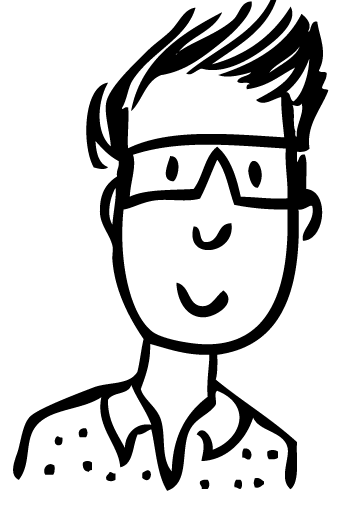
Prof. Dr. Thomas Voit
Business Information Scientist
Faculty of Computer Science, Nuremberg Institute of Technology
Business
Culture
Education
Project Management
Game Analysis
Thomas has been teaching and researching gamification at the Faculty of Computer Science at Nuremberg University of Applied Sciences since 2014. Previously, he worked in the automotive industry, where he initiated and led a gamification project to motivate managers to take on new leadership roles. Since the end of 2016, he has been leading the EMPAMOS research project in cooperation with the German Games Archive Nuremberg.

Anette Stumptner
Community Manager
Research and Innovation Lab Digital Teaching, Nuremberg Institute of Technology
Education
Project Coordination
Development & Transfer
Anette has been responsible for the development and expansion of the EMPAMOS community since 2022 and ensures the further development of the training program. She works as an EMPAMOS coach and is actively involved in ongoing product development. Previously, she worked for many years at the FU Berlin in responsible positions and holds a degree in geography.
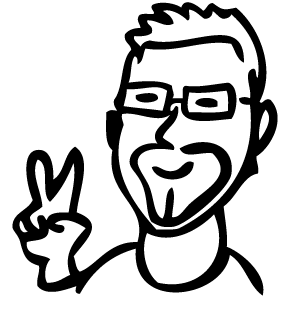
Philipp Kollmar
Project Development Associate
Loyalty & Adoption Expert, Siemens Healthineers
Development & Transfer
Business
Education
Philipp adds his perspective since 2019 as a development and transfer associate. He accompanies EMPAMOS in product and business model development. Since 2023 he is certified EMPAMOS game designer.

Dr. Thomas Bröker
Higher Education Didactics
Research and Innovation Lab Digital Teaching, Nuremberg Institute of Technology
Education
Thomas joined the Digital Teaching Research and Innovation Lab at the TH Nuremberg in 2019, where he conducts research on networked learning and working communities. At Bauhaus-Universität Weimar, he completed his doctorate on the implementation of complex, situated action situations with the help of multiplayer online games in the engineering sciences. There, he also led the research group "Game-based Learning Scenarios" in the project "Intelligent Learning" and helped to establish the Master's degree program in eLearning Building Physics.

Ralf Besser
Trainer & Coach
Entrepreneur, besser wie gut GmbH
Business
Culture
Education
Ralf is a trainer, coach and process facilitator in companies and has enriched the EMPAMOS project with his inexhaustible wealth of ideas since 2019. What excites him about the project is the combination of simplicity and depth and that the project is driven by values such as creativity and humanity.

Prof. Dr. Robert Lehmann
Social Scientist
Faculty of Social Sciences, Nuremberg Instutite of Technology
Social
Since 2016, Robert has been at the TH Nuremberg and in the academic leadership of the Institute for E-Counseling. Here he is working in depth on the use of various technologies in the context of digital counseling and support for people with illnesses and disabilities. In particular, he has investigated the possibilities of supporting educational processes of these individuals on a theoretical level.
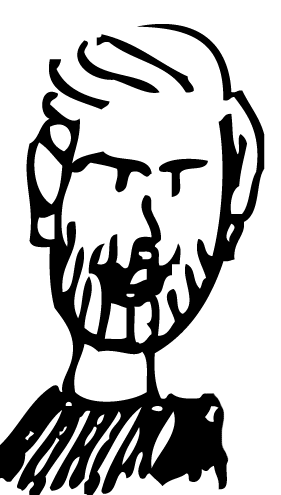
Benjamin Löhner
PhD student
Faculty of Social Sciences, Nuremberg Institute of Technology
Social
Benjamin has been working as a graduate social pedagogue (FH) in a Nuremberg drug help facility for ten years. Since November 2018, he has been a PhD student at the BayWISS Collaborative Research Center for Social Change and is conducting research on the motivation-enhancing potential of gamification in social work. As a freelancer, he is part of the project.
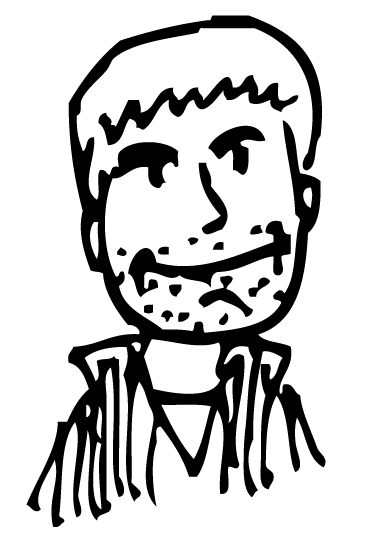
Alexander Schneider
PhD student
Faculty of Computer Science, Nuremberg Institute of Technology
Data Science
Game Analysis
Alex studied computer science at Nuremberg Institute of Technology and FernUni-Hagen. He works at the Faculty of Computer Science as a research assistant and does empirical research on game design elements in board games using machine learning and artificial intelligence as part of his PhD together with the Cognitive Systems group at the University of Bamberg.
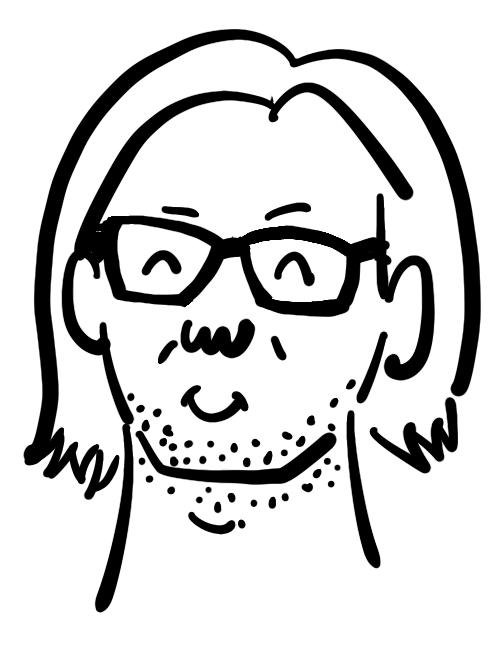
Thomas Waadt
Game Analyst
Faculty of Computer Science, Nuremberg Institute of Technology
Game Analysis
Development & Transfer
Business
Thomas studied computer science and already used his bachelor's thesis to investigate which game elements Instagram, Tik Tok and Telegram use to motivate their users. As part of the Di2Design project, Thomas supports us in particular with the analysis of cooperative games and uses EMPAMOS at a software company in an agile project environment.
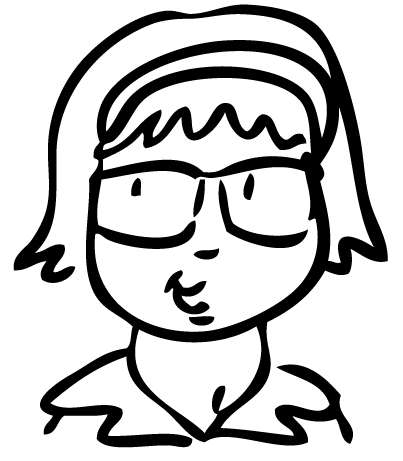
Prof. Dr. Laila Hofmann
Economist
Faculty of Business Administration, Nuremberg Institute of Technology
Business
At the Nuremberg University of Applied Sciences, Laila represents the fields of Human Resources, Organization and Gender Studies in the Faculty of Business Administration. In total, she worked for almost 15 years in various functions and countries in the HR work of internationally operating companies before moving to the university. Today, she advises and supports companies in personnel development and change processes and works as a coach for managers and management trainees.

Dr. Max Höllen
Startup and foundation manager
Business Development, City of Ludwigsburg
Business
Culture
Max was the project coordinator of the EMPAMOS project from 2021 to 2023. In his dissertation, he dealt with start-up financing in the cultural and creative industries and he has expertise in the research areas of innovation, entrepreneurship, non-profit management and creativity. He is now a starup and foundation manager for the city of Ludwigsburg.

Dr. Benjamin Zinger
Higher Education Didactics
Research and Innovation Lab Digital Teaching, Nuremberg Institute of Technology
Education
Benjamin joined the Digital Teaching Research and Innovation Lab at TH Nuremberg in 2019. From 2012 to 2019, he led the project "More Quality in Teaching, Advising and Support" at Nuremberg University of Technology and established the Teaching and Learning Service.
